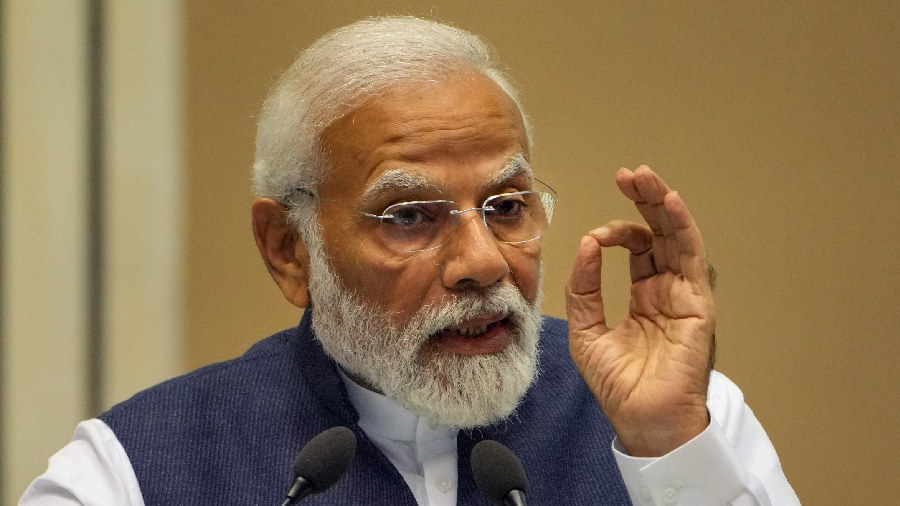India’s patents office on Thursday rejected an attempt by a foreign drug maker to extend its monopoly on a key anti-tuberculosis drug called bedaquiline, opening the doors for less expensive generic versions of this life-saving drug. The Controller of Patents in Mumbai, responding to a petition from two TB survivors, rejected an application from Janssen Pharmaceutica, a Belgian firm owned by Johnson and Johnson, seeking to extend its monopoly in India on bedaquiline beyond the primary patent’s expiry this July. Bedaquiline is used in the treatment of drug-resistant TB.
Patients’ rights groups applauded the decision, saying it would enable other drug companies to produce generic versions that some analysts expect would cost $8 (Rs 650) to $17 (Rs 1,400) per person per month, compared with $45 (Rs 3,700) for the patented version. “This is a big decision,” said Leena Menghaney, a lawyer and intellectual property adviser with Medecins Sans Frontieres, the international humanitarian organisation. “It is high time that we have alternative manufacturers supplying bedaquiline at lower prices.”
The decision comes at a time India and other countries are scaling up a short, six-month treatment regimen for drug-resistant TB that includes bedaquiline, responding to new evidence of its effectiveness and calls for its adoption by the World Health Organisation (WHO). TB survivors Nandita Venkatesan from India and Phumeza Tisile from South Africa had in February 2019 challenged Janssen’s patent application, arguing that its claims were not novel, lacked innovation, and did not enhance the efficacy of the medicine.
Indian patent laws contain what some patients’ rights groups describe as “health safeguards” that prohibit the so-called “evergreening” of patents — extending the 20-year monopolies through minor changes to the chemical composition of the medicines. “We know two or three drug companies are prepared with generic versions of bedaquiline and have sought pre-qualification approvals from the WHO that would help them supply the drug around the world,” Menghaney said.
Modi lauded
A top global health official on Thursday lauded the Narendra Modi government’s commitment to TB control, saying the world needs “clones” of Modi in “every single country”. The government has launched multiple initiatives to scale up TB diagnosis and treatment since Modi, in 2018, announced an Indian target to “eliminate” TB — achieve dramatic reductions in incidence and deaths — by 2025, five years ahead of a global 2030 target.
“We would like to have clones of Prime Minister Modi in every single country of the world to care and call for very strong action to save lives of people with TB,” said Lucia Ditiu, executive director of the STOP TB Partnership, a global organisation involved in TB control. Experts familiar with India’s TB control efforts said Ditiu’s praise for recent government initiatives appeared to disregard the challenges ahead to achieve the 2025 elimination goal and the struggles that patients still undergo for timely diagnosis and appropriate treatment.


